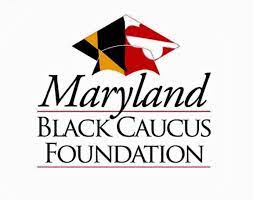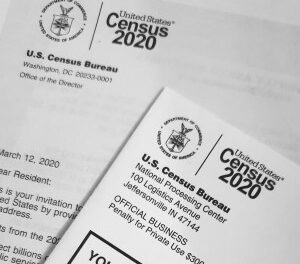By Megan Sayles, AFRO Business Writer
Report for America Corps Member
msayles@afro.com
#AFRONews@Noon
The Maryland Black Caucus Foundation hosted its 2021 Legislative Weekend to celebrate the accomplishments of the Legislative Black Caucus of Maryland over the last 50 years. The Foundation on Friday held six virtual workshops surrounding the 2030 Black Agenda, one being a panel on alternative energy advancements targeting climate change and industry opportunities for the Black community.
The panelists included Kelly Ann DeCurtis, director of talent management for Pepco Holdings, Inc.; Heather Gramm, senior director of strategic industries and entrepreneurship for the Maryland Department of Commerce; and Tanya Jones Terrell, director of community impact at BGE.
Jules Dunham Howie, president of the Maryland Black Caucus Foundation, moderated the workshop, which discussed how the Black community can access job opportunities and professional resources in alternative energy.
“As of 2020, Maryland was home to more than 81,000 clean energy workers, and that’s across sectors that include energy efficiency, clean energy generation, alternative transportation and clean fuels,” said Gramm. “This industry has a ripple effect across job opportunities in all different types of skill areas.”
Gramm highlighted two workforce development training programs that specifically target minority and underrepresented populations in Maryland, Civic Works and Power52.
Civic Works, which seeks to expand access to family-sustaining careers for Baltimore residents from historically marginalized communities, operates a Center for Sustainable Careers in Baltimore City. The center offers training tracks in areas, including brownfield remediation, home energy efficiency and solar energy installation.
Power52 seeks to break the cycle of poverty, unemployment, underemployment and incarceration in urban communities through economic empowerment and clean energy access.
The nonprofit started in Howard County but has since expanded to Baltimore County and offers an energy professional training program that is accredited by the National Center for Construction, Education and Research. Cohorts receive on-the-job training, classroom instruction and job readiness training to prepare them for careers in the energy sector.
Both Pepco Holdings, Inc. and BGE are owned by Exelon, the nation’s leading competitive energy provider. As a result, the companies’ workforce development strategies are linked together under the same four target areas, which include STEM education and awareness; eliminating barriers to economic empowerment; opportunity creation and partnerships and thought leadership.
Specifically, BGE runs an internship program that partners with several Baltimore area high schools that provide career and technical education (CTE) pathways. The program targets students who are studying trades in automotive technology, carpentry, computer-aided design, construction, electrical engineering and plumbing.
Through its Workforce Collaborative, BGE also partnered with Civic Works to train individuals who are interested in pursuing a utility infrastructure career. Nearly 80% of the 100 program graduates have received job offers from BGE contractors.
Pepco Holdings, Inc. is on track to graduate about 200 individuals from its various workforce development programs that provide training for the energy and utility industry. The company ensures that when launching a program in a specific region, graduates will have access to ample job opportunities with sufficient wages and benefits.
From a policy perspective, Terrell advised that school systems be strengthened so that they can provide adequate academic readiness and ensure that students are graduating on grade level because education is critical for job access.
The panelists also discussed President Biden’s trillion-dollar infrastructure bill. DeCurtis recommended that Maryland employers look to community-based organizations to tap local talent in under-resourced communities for the jobs that the bill will yield.
Gramm encouraged minority business owners to get involved with Maryland’s Minority Business Enterprise (MBE) Program and to educate themselves on the procurement process for government contracts so they can be positioned to seize future opportunities.
In the alternative energy industry, many of the jobs of the future will encompass electrification. These opportunities range from installing chargers for electric vehicles to installing long-lasting, energy-efficient lighting in cities. The goal is for companies to impart education and pipelines for these emerging careers.
“This is a new area, and that means it’s a level playing field, which means everyone has an opportunity,” said Howie.
Help us Continue to tell OUR Story and join the AFRO family as a member – subscribers are now members! Join here!
The post Maryland Black Caucus holds panel discussion on alternative energy industry opportunities for Black communities appeared first on AFRO American Newspapers .











